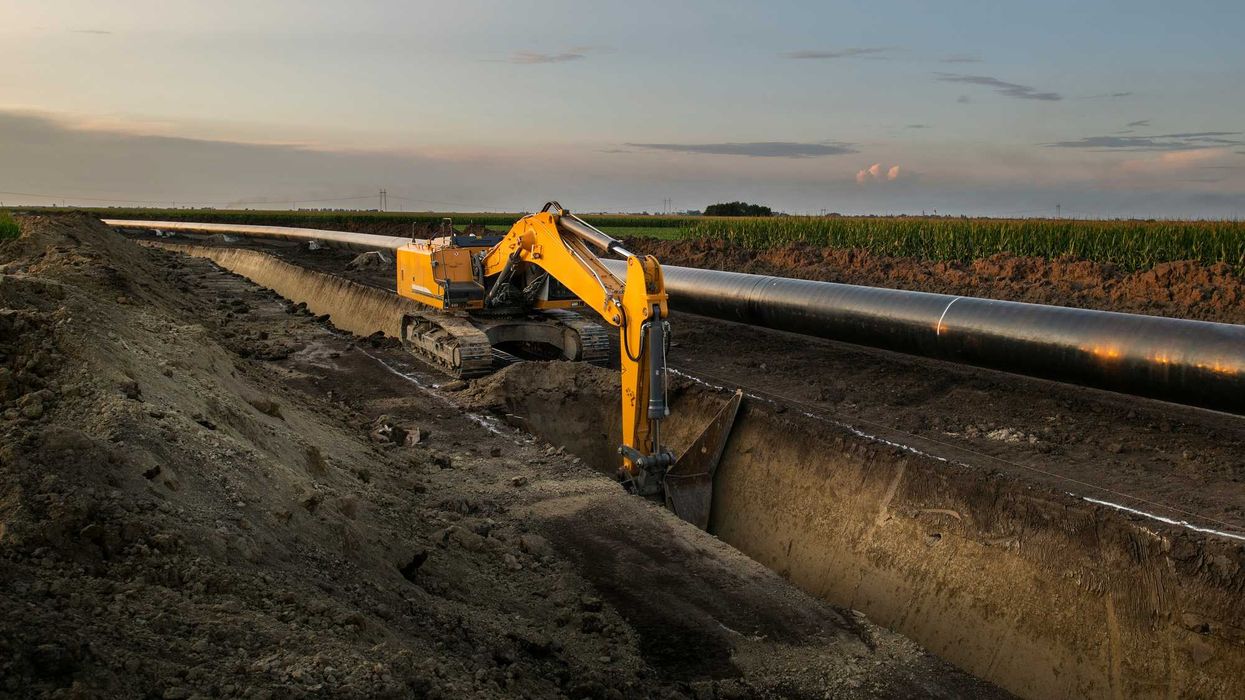Governments are adopting "cap and cover" strategies, placing parks over highways to mend divided communities and heal old urban scars.
Sam Brasch reports for CPR News.
In short:
- Denver's I-70 park is a "cap" project intended to reduce noise and pollution, but no comprehensive study has assessed its effectiveness against traffic emissions.
- Critics argue such developments could lure residents to high-pollution zones, with research indicating increased health risks near major roadways.
- Despite local opposition and legal challenges, the project proceeded, and officials tout it as a step towards repairing past infrastructure harms.
- Initial testing implies the cap might filter certain vehicle fumes, though findings are not conclusive.
Key quote:
“We always called it the lipstick on a pig. It was their way to make it look less like a gash in the neighborhoods, further deepening the wound of our divide that I-70 originally caused.”
— Candi CdeBaca, former Denver City Council member
The big picture:
Proximity to heavy traffic has been linked to a spectrum of adverse health conditions, from asthma to heart disease. Scientists often study how race or income are linked to pollution exposure — and repeatedly find that people of color and lower income families are more exposed.














